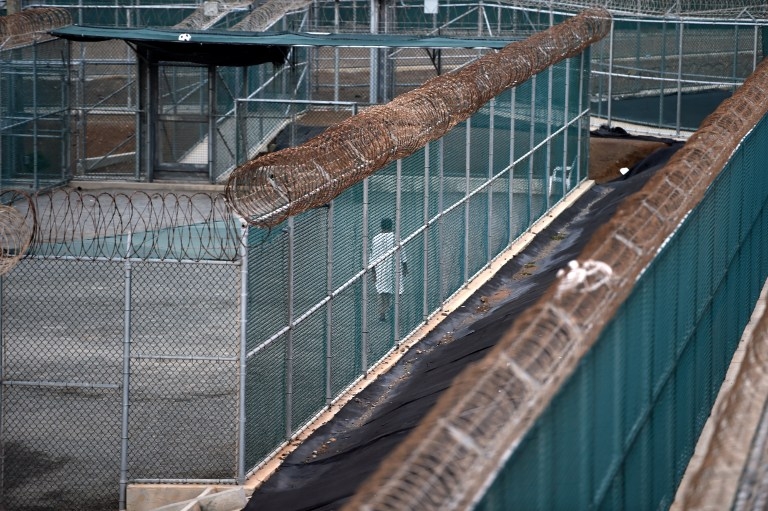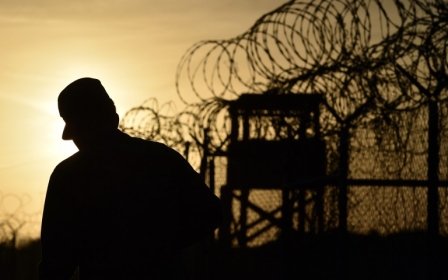White House hints at executive order to close Guantanamo

The White House said on Thursday that if Congress blocks new plans to close the notorious Guantanamo Bay prison, President Barack Obama may resort to a controversial executive order to get the job done.
With time running out for the 44th president to fulfil an incomplete election campaign promise, he looks increasingly likely to bypass lawmakers who have blocked the facility's closure.
"I'm certainly not going to take anything off the table," White House spokesman Josh Earnest said when asked about possible executive action.
He said Obama would do "everything that he can to make progress" towards Guantanamo's closure, which Earnest described as a "national security priority".
Obama is expected within days to put forward a plan to Congress that would allow Guantanamo to close.
Created to hold terror suspects after the 11 September 2001 attacks, Guantanamo became notorious for harsh and "enhanced" interrogation techniques and because many prisoners are, or were, held for years without being charged.
As of now, the facility is home to 112 inmates.
The new closure proposal, drafted by Obama's top counterterror advisor Lisa Monaco and Defence Secretary Ash Carter, would lift congressional restrictions on transferring detainees to the United States.
Inmates who cannot be released or transferred abroad would be housed at a US facility like Fort Leavenworth, Kansas or the Navy Brig in Charleston, South Carolina.
But that plan looks increasingly unlikely to pass muster in the Republican-controlled Congress, raising the prospect of executive action, which could ignite a political firestorm.
House passes defence bill
Meanwhile, the US House of Representatives passed a new defence bill on Thursday, authorising over $600bn in military spending. The bill was supported strongly by Republican's and Democrats, even though it contains language making Guantanamo's closure more difficult.
Obama vetoed a defence bill last month, citing similar language about Guantanamo in that bill as one reason for blocking it.
According to Reuters, the Senate will probably pass a revised version of the defence bill within the next few weeks, with some senators calling for changes regarding the Guantanamo provisions.
In 2009 Obama issued an executive order to close the prison camp, prompting a furious Congress to pass rules that made the transfer of detainees to US soil all but impossible.
The White House has long said those rules are unconstitutional as they impinge on executive power, but it has tried to have them overturned rather than engage in a damaging political fight.
In a sign of the anger unilateral action might provoke, Republican Senator Pat Roberts said on Wednesday he would block the nomination of any Obama government appointee if the White House moves ahead.
"I currently have a hold on the president’s nominee for the Secretary of the Army – and I will place holds on any nominee necessary to prevent this unilateral action," said Roberts.
"Congress has consistently stopped Obama by law from moving a single detainee to the US, and this would be an egregious overstep by the administration ignoring the will of the American people to accomplish the president’s legacy goals."
But Obama has argued that indefinite detention, "enhanced interrogation" dubbed torture by human rights groups, and images of detainees in orange jump suits violated America's ethos and handed militants a potent recruiting tool.
Closing Guantanamo "has always been the president's goal and remains a high priority," a senior administration official told AFP.
"Leaders from across the president’s national security team are energised and engaged in these efforts to responsibly close the detention facility at Guantanamo."
Middle East Eye propose une couverture et une analyse indépendantes et incomparables du Moyen-Orient, de l’Afrique du Nord et d’autres régions du monde. Pour en savoir plus sur la reprise de ce contenu et les frais qui s’appliquent, veuillez remplir ce formulaire [en anglais]. Pour en savoir plus sur MEE, cliquez ici [en anglais].




